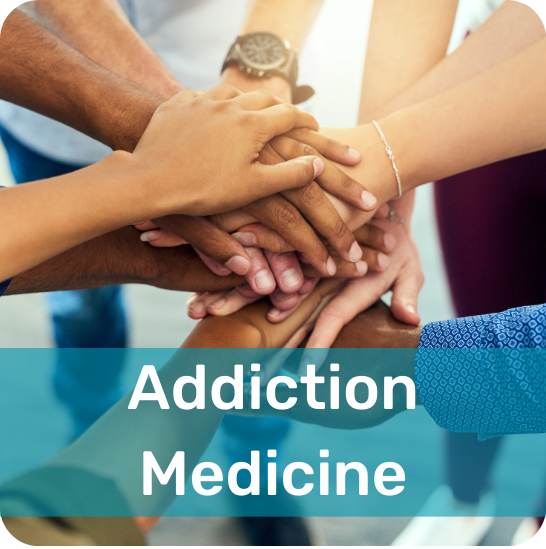We support your recovery!
We offers you a personalised treatment programs tailored to your needs. Whether you need to spend some time as an inpatient receiving acute care or would benefit from day programs or group therapy, we design your care around future recovery and wellness.
We care for people of all ages from adolescence to older people offering comprehensive clinical services including allied health support.
Our Services
We are proud to offer comprehensive care for a range of mental health and addition disorders including:
- Depressive disorders
- Anxiety disorders
- Bipolar disorder
- Personality disorders
- Obsessive Compulsive Disorder
- Schizophrenia and psychosis
- Trauma and PTSD
- Alcohol or other drug dependence
As a registered mental health facility, we can also support people with a dual diagnosis of a mental health condition and alcohol or other drug addiction.
Choice of Care Types
Inpatient, day programs and other treatments available

Call Us For Help
Step 1
Call us on 9105 5340 and we can help guide you on the best care for you
Step 2
Visit your GP for a referral to our of expert psychiatrists
Urgent/Crisis Care
In an emergency, please call Triple Zero (000) or alternatively attend our emergency department where an emergency mental health clinician will be available to conduct an assessment, provide immediate support and facilitate transfer of care as clinically indicated.
We work in close partnership with Northern Beaches Community Mental Health Services (adult, older person and child/youth) located at Brookvale Community Health Centre.
Please call the Mental Health Line 1800 011 511 to speak to a mental health professional.





